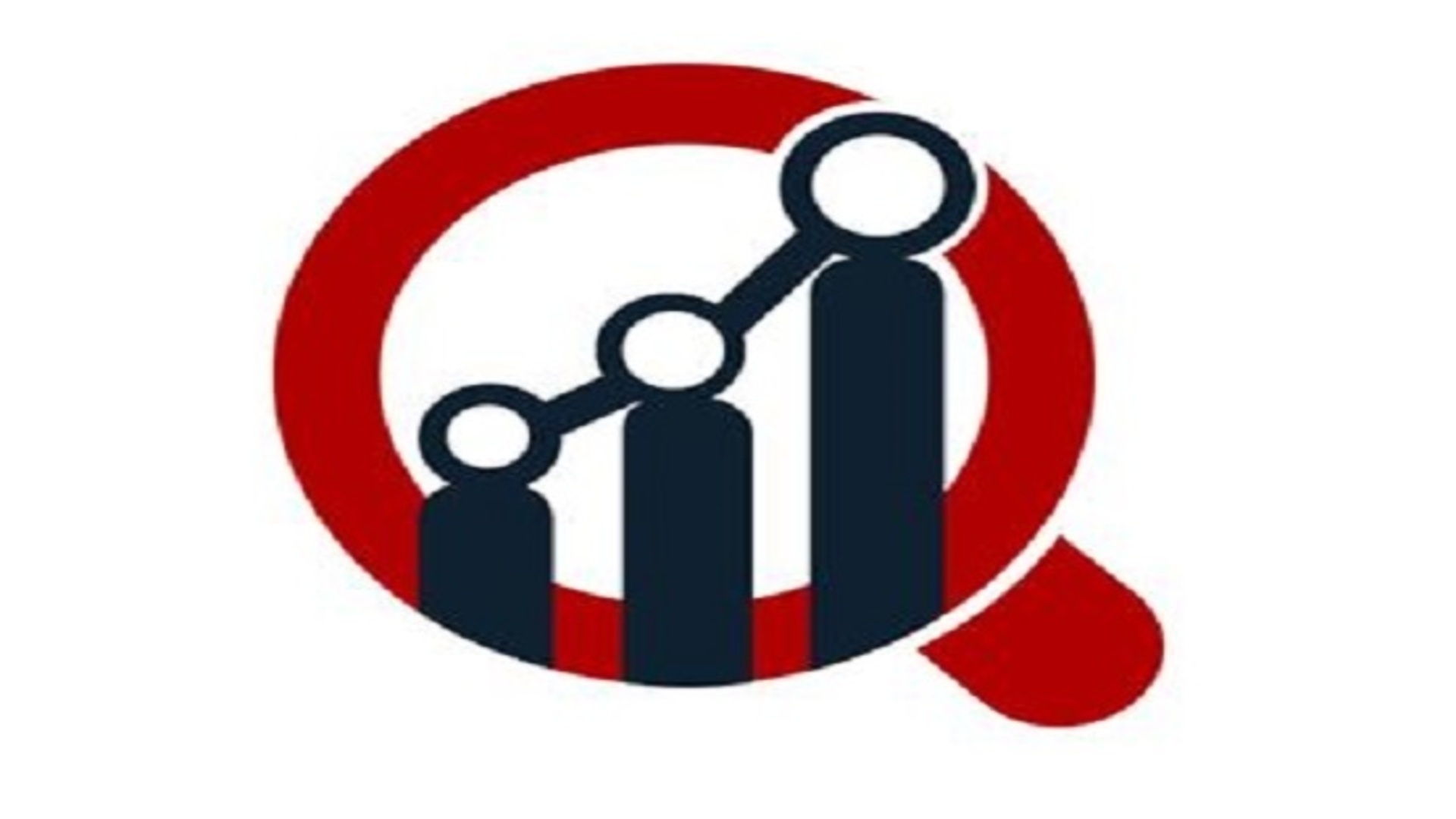Imagine planning a family with complete peace of mind — knowing your child won’t inherit a devastating genetic disorder. That’s not science fiction anymore — it’s carrier screening, a rapidly advancing tool transforming how we approach reproductive health.
Whether you're already expecting or just beginning to think about starting a family, understanding your genetic risks has never been easier or more important. So, what is carrier screening, and why is it suddenly in the spotlight? Let’s uncover the truth behind the headlines — and why it could save lives.
What Is Carrier Screening?
Carrier screening is a genetic test that identifies whether you carry a gene for certain inherited disorders — even if you show no symptoms yourself. If both partners carry a mutation in the same gene, there's a higher chance their child could inherit a serious condition like cystic fibrosis, Tay-Sachs, or sickle cell anemia.
Unlike diagnostic tests, carrier screening doesn’t tell you whether a fetus has a disease — it tells you whether there’s a risk of passing one on. This proactive knowledge can be life-changing for couples and families making informed reproductive choices.
Why Is Everyone Talking About It Now?
Carrier screening isn’t new, but what's new is its accessibility, affordability, and scope. Thanks to advances in next-generation sequencing (NGS) and expanded carrier panels, a single test can now detect hundreds of genetic conditions — without invasive procedures or high costs.
More couples are getting tested before conception or early in pregnancy as a part of routine prenatal care. And with more people opting for direct-to-consumer testing, carrier screening is no longer limited to those with a family history or specific ethnic background.
The message is clear: Genetics affects everyone — and everyone can benefit.
The Market Is Booming — And That’s Good News for Healthcare
Driven by rising awareness, technological innovation, and a shift toward personalized medicine, the Carrier Screening Market is experiencing explosive growth. Market analysts project billions in global revenue in the coming years, with major players investing heavily in AI-powered platforms, faster turnaround times, and at-home testing kits.
This rapid expansion isn’t just about profits — it’s about accessibility. As more labs and companies enter the space, testing becomes faster, cheaper, and more accurate, helping millions of couples worldwide make empowered, informed decisions.
Who Should Consider Carrier Screening?
According to leading genetic counselors and obstetricians, carrier screening is beneficial for:
-
Couples planning to conceive
-
Women undergoing IVF or fertility treatments
-
Individuals with a family history of genetic conditions
-
People from ethnic backgrounds with higher carrier frequencies (e.g., Ashkenazi Jewish, African, or Mediterranean ancestry)
In short: You don’t need a personal or family history to be a carrier. Around 80% of babies born with genetic disorders have no known family history — which makes screening before or during early pregnancy critical.
The Ethical Conversation: Knowledge is Power — But Also Responsibility
With more access comes more questions. What happens if both parents are carriers? Should they proceed with IVF and genetic testing? Consider egg or sperm donation? Or continue naturally and prepare for all outcomes?
These aren’t easy conversations — but they’re necessary ones. Carrier screening gives you options, not ultimatums. It opens the door to proactive planning, informed decisions, and better outcomes.
And importantly, genetic counseling is often provided alongside testing, ensuring patients are supported every step of the way.
The Bottom Line: Don’t Wait Until It’s Too Late
Carrier screening is no longer a luxury or niche service — it’s becoming a standard part of reproductive care. And for good reason: one small test can prevent a lifetime of uncertainty, suffering, or heartache.
So, if you’re thinking about growing your family, don’t leave it to chance. One test. One decision. A lifetime of difference.
📢 Ask your OB-GYN about carrier screening today — because knowing your risk is the first step to protecting your future.


